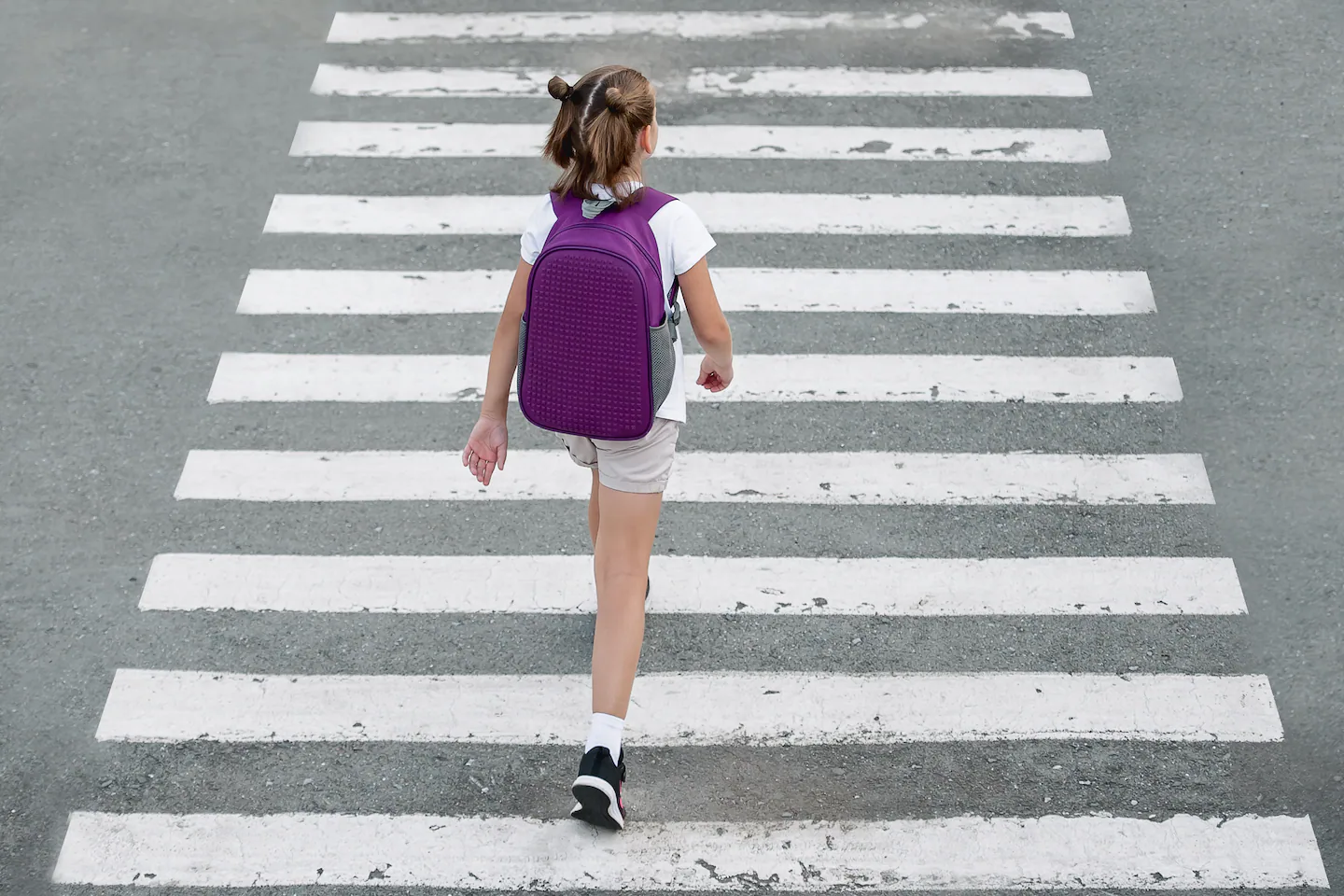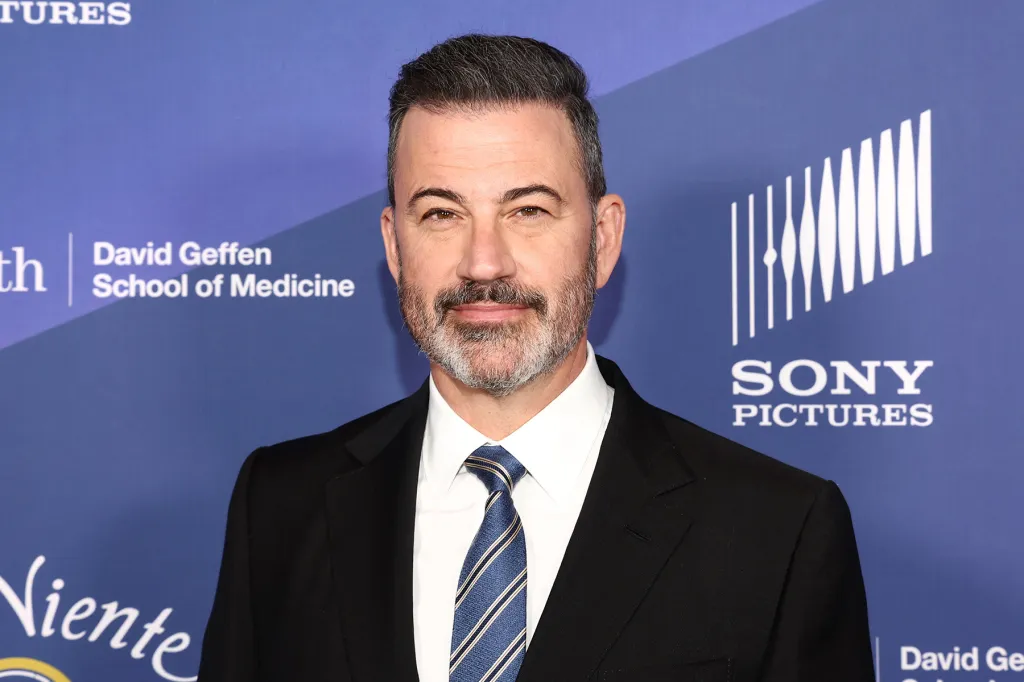
I told her I didn’t mind if my daughters walked ahead of me on the sidewalk. In fact, I try to give the girls — who are 9 and 7 — some leeway to grow their independence.
“You want these girls to get snatched up? Or hit by a crazy driver?”
I wasn’t in the mood for a long conversation. If we’d had one, I would have explained that the risk of child abduction by a stranger is exceedingly low and I feel the best defense against reckless drivers is to teach children to cross the street safely. I would have brought up the evidence that shows overly-protective parenting hurts children, keeping them indoors on screens rather than outdoors making friends and growing resilient.
But as I walked away, my daughters scurrying ahead of me, she dropped a comment that has stayed with me.
“People see kids roaming by themselves, they might call DCF.”
My well-intentioned neighbor was referring to the Massachusetts Department of Children and Families. And she’s not wrong — someone could report me for letting my children (seemingly) walk the streets unsupervised. That specter of government enforcement may be preventing parents from giving their children the independent childhood experts say they need. And murky laws aren’t helping.
Massachusetts has what Let Grow, a nonprofit advocating for independent play in childhood, calls a “typical vague” child-neglect law. The Commonwealth defines neglect as a parent failing to provide “minimally adequate supervision,” among other things. But this definition leaves too much gray area. Does it mean I must always accompany my children? At what age can I leave them at home by themselves? How old must they be to run errands, or walk to school, or play outside unsupervised?
The law doesn’t say. Instead, according to state guidance, such issues are decided “on a case-by-case basis.”
Such uncertainty hinders parents at a time when prominent voices such as social psychologist Jonathan Haidt, author of the Anxious Generation: How the Great Rewiring of Childhood Is Causing an Epidemic of Mental Illness (and a cofounder of Let Grow), are advocating for kids’ need for more play and freedom to explore.
Recent cases of parents being punished for supposed neglect have had a chilling effect as well.
Last year, a mother in Georgia was arrested in front of her children after her 10-year old son walked a mile down the street by himself. (The state had similar neglect laws to Massachusetts before this case forced a change there.) In 2018, an Illinois mother was confronted by police for allowing her 8-year old daughter to walk the dog in their neighborhood. In Massachusetts, two parents were charged in 2015 with child endangerment for letting their boys, ages 9 and 7, stay at the beach by themselves.
Courts in Massachusetts grant “great deference” to DCF to enforce child-neglect laws. This, combined with the vague definition of neglect, opens the door for disparate enforcement against parents of color based on implicit bias and harmful stereotypes. This is notable in light of studies that show that over 50 percent of Black children will at some point experience a child-welfare investigation and nearly 10 percent will be placed in foster care — both double the rates for white children.
There’s a better way. Massachusetts should follow 11 other states that have recently enacted “reasonable childhood independence” laws. These laws define child neglect to exclude activities such as traveling to and from school, playing outside, or remaining at home unattended for a reasonable time. In other words, if you’re letting your child do these things, that’s not neglect — and the state has no legal basis to intervene.
My own quest to raise my children without getting scolded — or referred to DCF — continues. The other day, I created a small laminated card for my 9-year-old to wear around her neck when she goes to the corner store. It explains that her parents know where she is, that she’s not being neglected, and provides my wife’s and my cellphone numbers. Thus far, I’ve received no calls from concerned neighbors.
If the law were different, perhaps I could dispense with the card — and perhaps we could nudge our parenting culture in a healthier direction.



